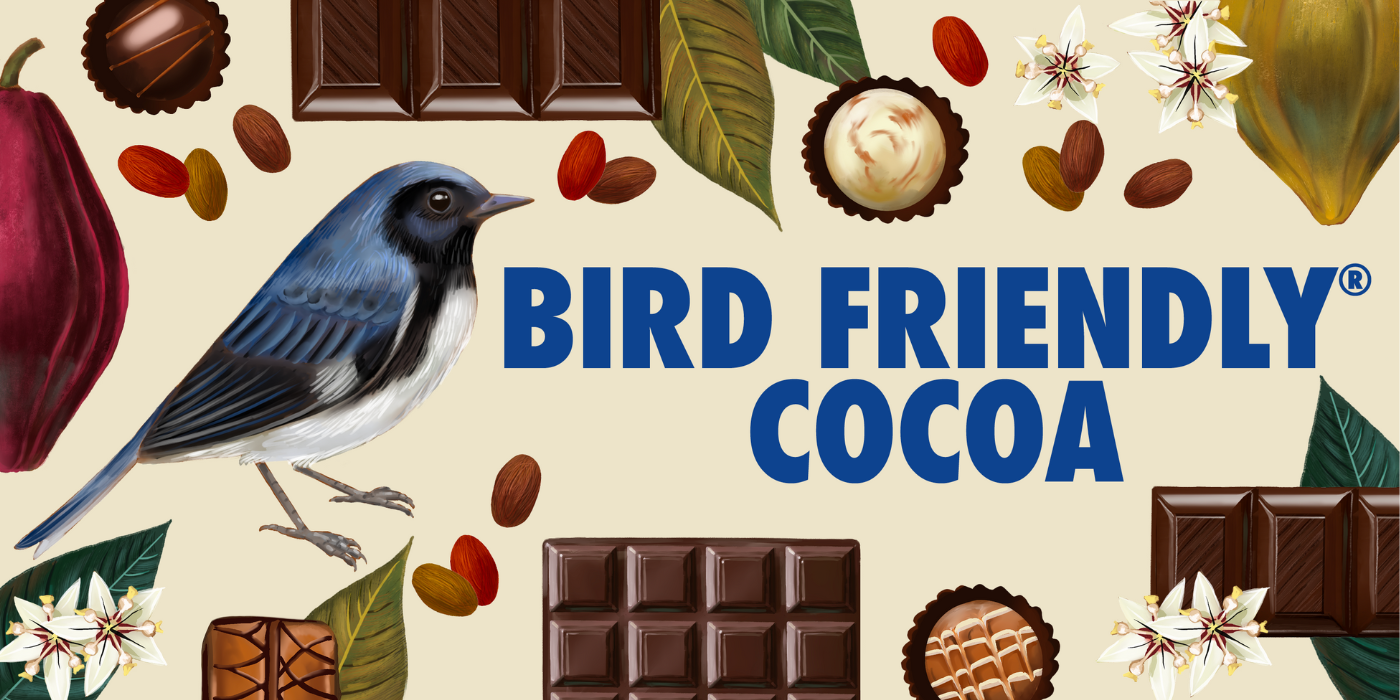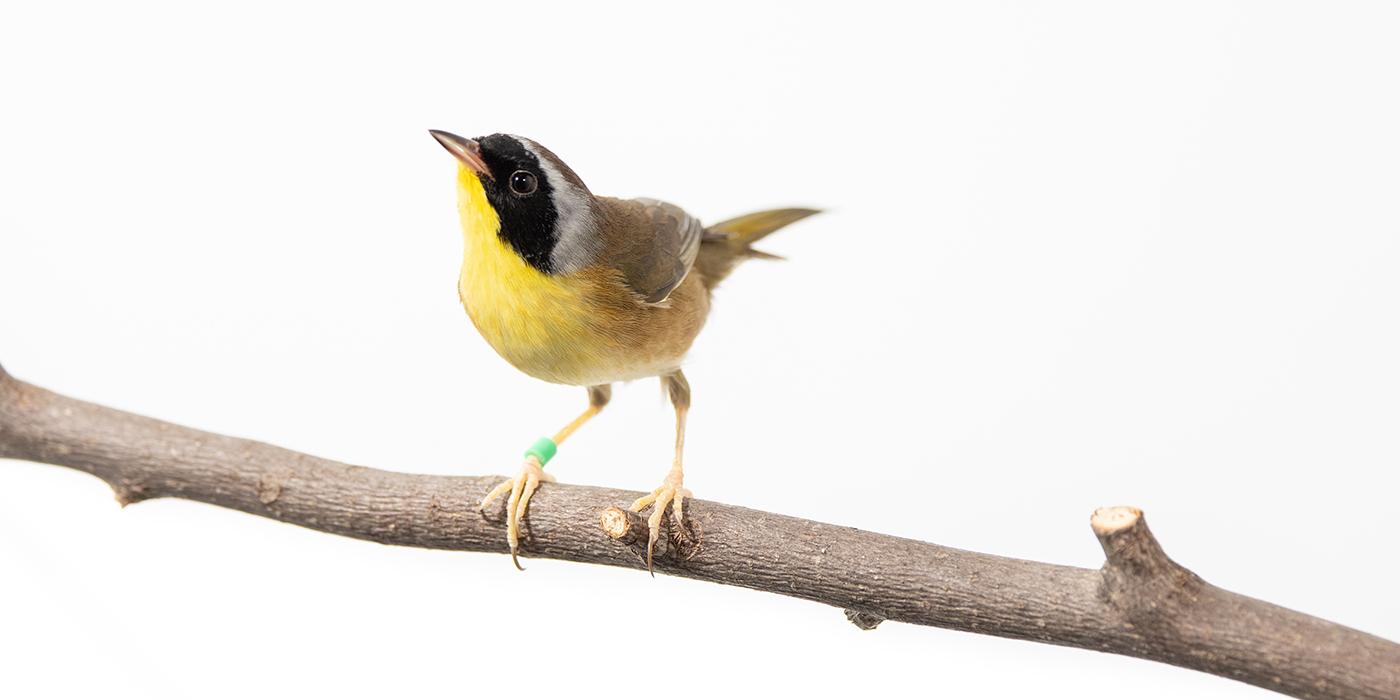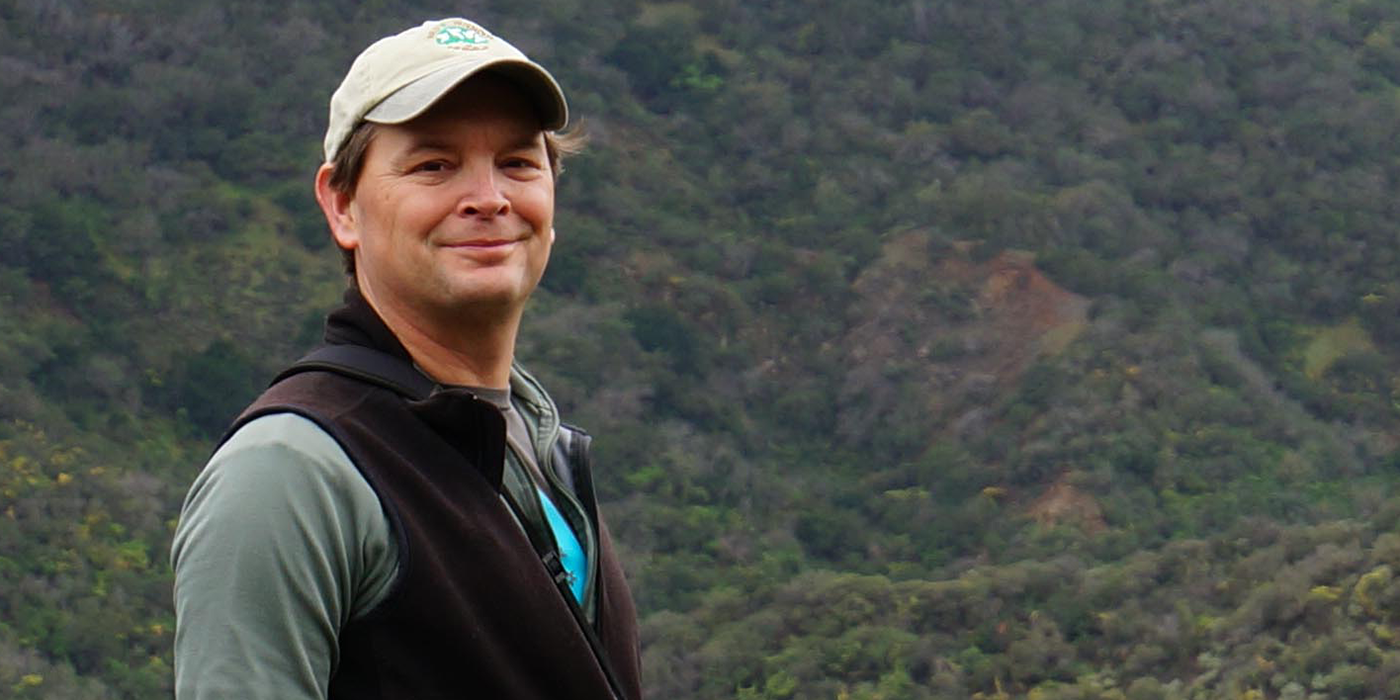Bird Friendly Organic Coffee For Sale in Smithsonian Museum Cafes
Shade-grown, Bird Friendly coffee is now available in five museum locations at the Smithsonian—National Museum of Natural History, National Museum of the American Indian, National Museum of American History, the Smithsonian Castle and the Smithsonian American Art Museum and National Portrait Gallery cafe. The coffee is certified to organic and Fair Trade standards as well as the Smithsonian Migratory Bird Center’s stringent requirements for Bird Friendly coffee. It is roasted by S&D Coffee in Concord, N.C.
The decision to carry the Bird Friendly-certified coffee fits well with the Smithsonian’s effort to become a sustainable organization on all levels. Approximately 1,200 pounds of coffee will be brewed each month, enough to fill some 50,000 cups. An equal amount has been served each month in the House of Representatives’ cafeterias since January.
Combined, the amount of Bird Friendly coffee consumed in this one square mile of Washington will sustain about 70 acres each year of shaded, forest-like coffee farms managed by small-scale producers. The farms are located in areas with numerous bird species living in Latin American and African habitats that would otherwise face deforestation.
Bird Friendly coffee supplied by Golden Valley Farms Roasters in West Chester, Pa., has also been served at the National Zoo since last December.
“By serving Bird Friendly-certified coffee at its facilities, the Smithsonian is putting its buying power behind its strong standards, thus protecting birds and forests in the world’s coffee regions,” said Robert Rice, a geographer at the Migratory Bird Center who coordinates the program. “A mere six people drinking two cups a day for a year can help support a small farmer growing Bird Friendly coffee. It is definitely a case of the more you drink, the more you save—but in this case, it’s not pennies but crucial habitat.”
Bird Friendly coffee is certified organic coffee produced on farms with a shade cover that provides a substantial and vital habitat for migratory and resident birds in tropical landscapes that are threatened by deforestation globally at an unprecedented rate. Migratory birds, including the popular Baltimore oriole, are not only beautiful but are integral to tropical and temperate ecosystems, providing flower pollination and seed dispersal, among other roles. Bird Friendly-certified farms provide quality habitat for many species of birds and can act as important stepping-stone habitats between forest remnants.
The Bird Friendly program, initiated by Smithsonian scientists and based on fieldwork data, is recognized within the specialty coffee industry as the “gold standard” of shade certification. Nearly 8 million pounds of coffee certified each year to the Bird Friendly criteria come from 17,000 acres managed by more than 1,250 farmers. In the United States, sales of organic, shade-grown coffee certified to the Bird Friendly standards increased to nearly $3.5 million in 2008, according to a December 2009 report by Rice.
Rice will be attending and hosting a booth at the Specialty Coffee Association of America’s annual conference in Anaheim, Calif., April 16-18.



